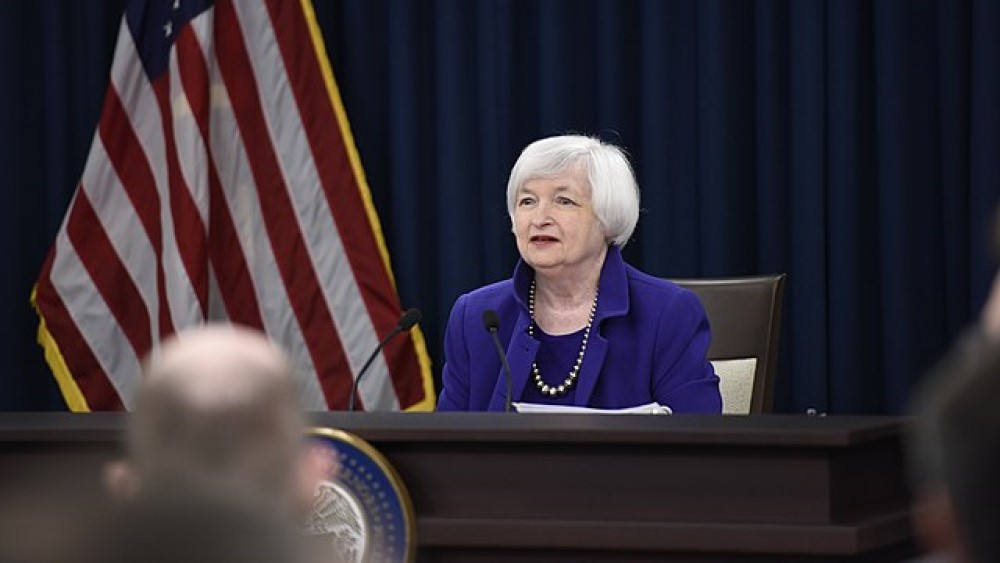
Treasury Secretary Janet Yellen's recent visit to Beijing has been hailed as a positive step towards improving relations between the United States and China. Yellen described her 10-hour conversations with Chinese officials over two days as "direct, substantive, and productive," highlighting the importance of conveying disputes directly rather than viewing the relationship through the lens of great power conflict.
The visit comes at a time when Washington is considering restrictions on U.S. investment in China amidst a global innovation race. Yellen's trip, following Secretary of State Antony Blinken's visit last month, underscores the Biden administration's commitment to engaging with China and finding areas of cooperation.
Yellen made it clear that the United States is not seeking to decouple from China, emphasizing that diversifying critical supply chains and taking targeted national security actions are not equivalent to decoupling.
Both countries recognize the potential disastrous consequences of decoupling the world's two largest economies, and Yellen stressed the need for responsible management of the relationship for the sake of global prosperity.
During her visit, Yellen warned Chinese officials that any restrictions on U.S. outbound investments would be transparent and narrowly targeted. She assured them that unforeseen repercussions could be resolved if Chinese authorities voiced their concerns. This message aims to address concerns about potential limitations on U.S. investment in China and maintain an open channel for economic cooperation.
While Yellen acknowledged the challenges and recent coercive actions against American firms, she expressed her desire for Chinese cooperation on critical issues such as the financial crisis in emerging markets and climate change. Yellen outlined three economic priorities for the U.S.-China relationship: national security and human rights; mutually beneficial growth; and global concerns, including climate change and the debt crisis.
The Chinese government's summary of the meetings described them as constructive and highlighted the importance of avoiding overstretching national security concerns, which can harm economic and trade exchanges. Both sides agreed to strengthen communication and cooperation on global challenges, emphasizing the need to maintain exchanges and interactions.
Yellen's visit aimed to build contacts with Beijing's new economic leadership team and stabilize the relationship between the two countries. The discussions were part of a broader effort to reduce misunderstandings and identify areas of cooperation. The positive outcome of Yellen's visit raises the possibility of a meeting between President Joe Biden and Chinese President Xi Jinping at the upcoming G20 leaders' conference and APEC leaders' summit later this year.
It is important to note that no single visit can resolve all the challenges in the U.S.-China relationship. However, Yellen's trip has laid the groundwork for a resilient and productive channel of communication with China's new economic team. The constructive dialogue and commitment to finding common ground provide hope for a more stable and cooperative relationship between the world's two largest economies.
